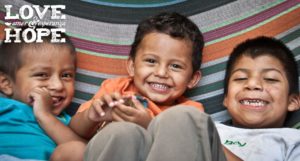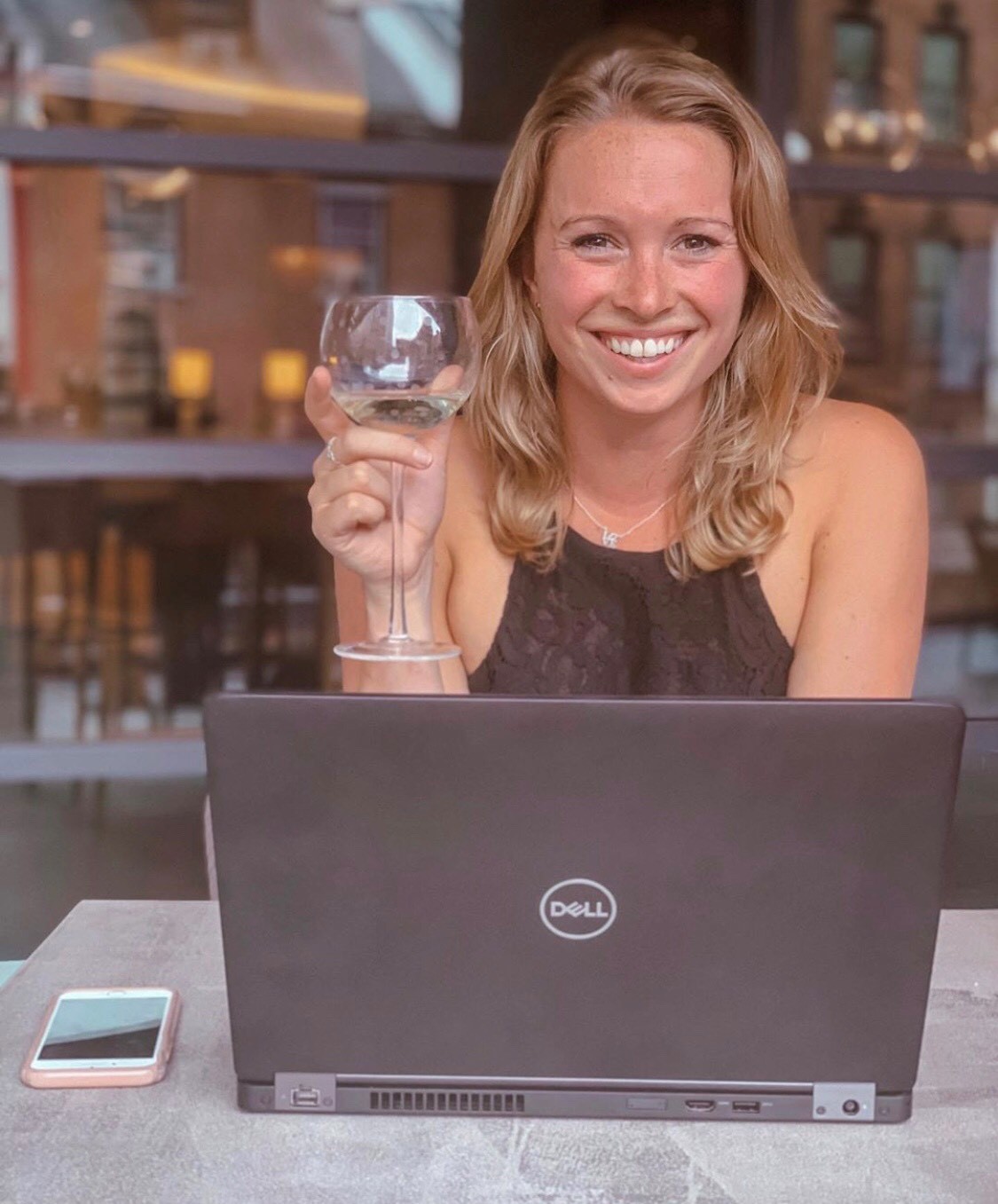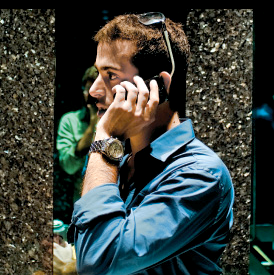Although not a millennial, Milton S. Hershey is an inspiring young entrepreneur, just of a different century. Hershey encompasses the spirit of a true entrepreneur in that he worked hard for what he wanted, persevered through failures, and sought the good of others not simply for personal gain. Working from the bottom up, Hershey was born in a small farming community in central Pennsylvania, was primarily raised by his mother after his father fell out of the picture, dropped out of school by 14, and became an apprentice to a confectioner. By 18, Hershey had set up his own candy shop with $150 he had borrowed from his aunt. After this business failed to take off, he headed West where he learned the art of making caramel with fresh milk. The entrepreneurial spirit within him struck out again, and Hershey tried twice more to set up candy shops with this new addition. His ventures in Chicago and New York may have failed him, but he was not discouraged. Returning to Lancaster, Hershey gave it one more shot and that perseverance finally paid off. The name we now know for chocolate really began in the caramel business!
 Milton S. Hershey’s story didn’t end with the successful establishment of the Lancaster Caramel Company, instead, he continued to explore ways to improve the world around him within the realm of what he knew best-candy. At the World’s Colombian Exposition in Chicago he was introduced to chocolate making which inspired him to make this then delicacy accessible to the general public. He sold his caramel company for one million dollars, and founded the Hershey Chocolate Company which (as we know) became even more successful than his prior endeavor. The amazing part of Hershey’s story is not his drive, nor his multiple successes, but what he chose to do with these blessings. Instead of leading the life of luxury he had earned, Hershey chose to live modestly and cultivate his community to create better opportunities for those around him. He built churches, parks, housing, transportation, and other amenities for his workers, and with no children of his own, he founded a school to give other boys and
Milton S. Hershey’s story didn’t end with the successful establishment of the Lancaster Caramel Company, instead, he continued to explore ways to improve the world around him within the realm of what he knew best-candy. At the World’s Colombian Exposition in Chicago he was introduced to chocolate making which inspired him to make this then delicacy accessible to the general public. He sold his caramel company for one million dollars, and founded the Hershey Chocolate Company which (as we know) became even more successful than his prior endeavor. The amazing part of Hershey’s story is not his drive, nor his multiple successes, but what he chose to do with these blessings. Instead of leading the life of luxury he had earned, Hershey chose to live modestly and cultivate his community to create better opportunities for those around him. He built churches, parks, housing, transportation, and other amenities for his workers, and with no children of his own, he founded a school to give other boys and

Milton Hershey School
girls the education he never received. He employed and helped many through the Great Depression, and his legacy of generosity lives on through the Hershey Trust which he set up to fund the school for generations to come. Milton S. Hershey set a remarkable model for social entrepreneurship that lives on in the 21st century. Millennial entrepreneurs: take notes.







 Ortiz uses this business as a platform to raise awareness of the injustice he’s seen and experienced while incarcerated. The goal of this venture is to help redeem society by pointing to an enormous problem that the majority of the population overlooks. The business itself is primarily run by Tony Ortiz, but also consists of a few other employees and many volunteers whom help with education programs and coaching for recently released prisoners. Redemptive Revolution aims to keep people out of prison to begin with, and also to aid those whom have been incarcerated in the process of “getting back on their feet”. The long and painful process he went through to turn his life into a success, Ortiz is now sharing with his community, and hopefully he will eventually cause desperately needed widespread impact in society.
Ortiz uses this business as a platform to raise awareness of the injustice he’s seen and experienced while incarcerated. The goal of this venture is to help redeem society by pointing to an enormous problem that the majority of the population overlooks. The business itself is primarily run by Tony Ortiz, but also consists of a few other employees and many volunteers whom help with education programs and coaching for recently released prisoners. Redemptive Revolution aims to keep people out of prison to begin with, and also to aid those whom have been incarcerated in the process of “getting back on their feet”. The long and painful process he went through to turn his life into a success, Ortiz is now sharing with his community, and hopefully he will eventually cause desperately needed widespread impact in society.